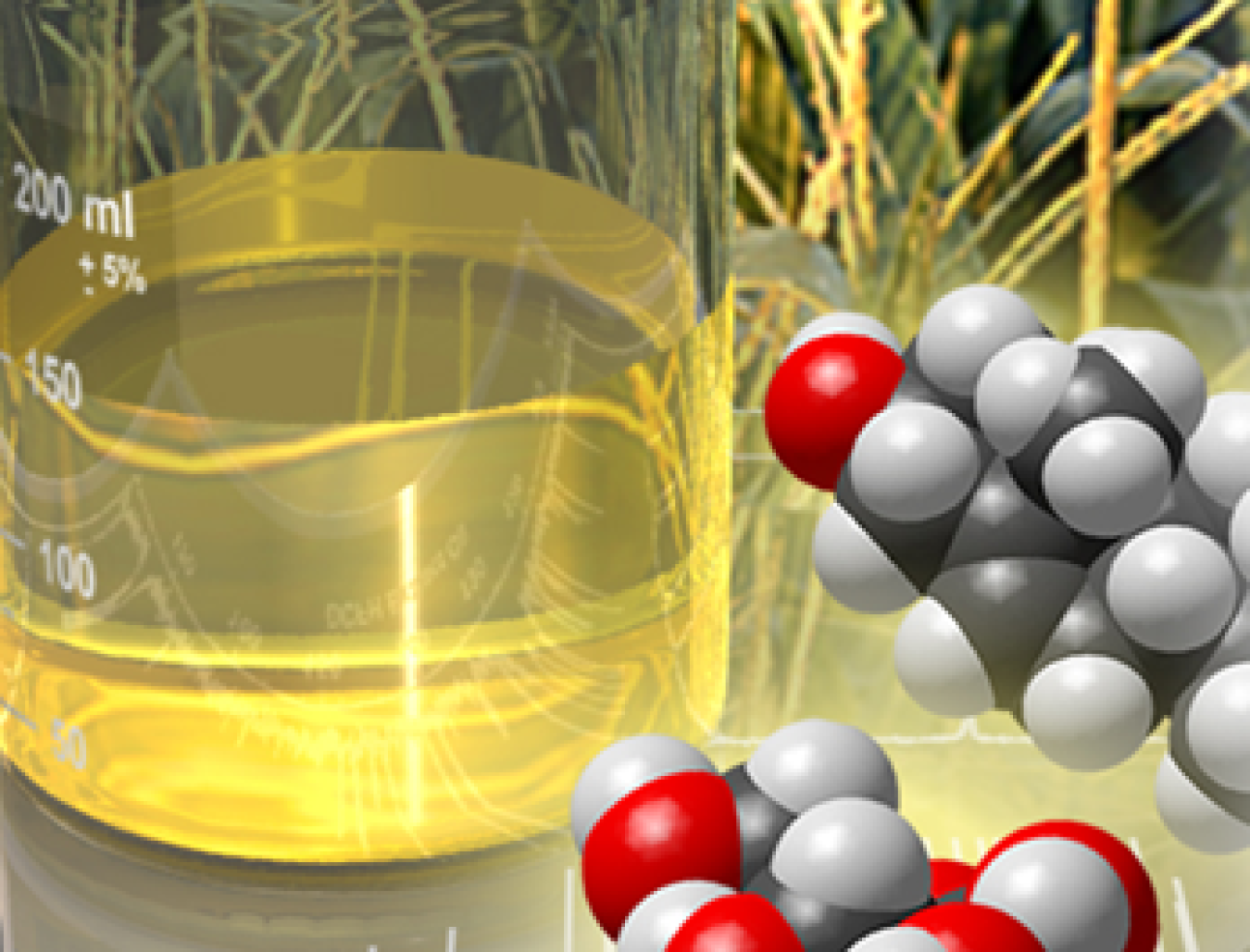
Archer Daniels Midland Company is manufacturing propylene glycol not with petroleum, but with plants such as soybeans and canola. Using renewable sources to make this commercially important additive reduces greenhouse gases by 61%. 140 jobs were created with this facility.
Many everyday consumer products from liquid detergents to pharmaceuticals and plastics contain the additive known as propylene glycol. The downside is that propylene glycol is typically made from petroleum, a nonrenewable source. It takes more than 1 million tons of petroleum each year to meet worldwide demand.
Pacific Northwest National Laboratory (PNNL) developed the first-ever catalytic process that converts plant-based raw materials to produce this valuable additive. Now, instead of relying on oil, industry has an alternative way to make propylene glycol that is environmentally friendly, cost-competitive, and commercially viable.
After seeing results from early research, Archer Daniels Midland Company (ADM) immediately realized the potential benefits of this process for its business. ADM licensed the technology from PNNL, then used it successfully in a pilot plant in 2009. In 2011, the company constructed and began operating a full-scale, multi-million-dollar production facility in Decatur, Illinois, for the sole purpose of commercially producing propylene glycol from soybeans and canola. The plant, with a capacity of 100,000 metric tons, now is making propylene glycol entirely from renewable sources, while decreasing greenhouse gases by 61 percent when compared with oil-derived sources. In addition, 140 jobs were created with this facility. PNNL won a 2011 Federal Laboratory Consortium Award for Excellence in Technology Transfer for this process and shares with ADM a 2010 R&D 100 award from R&D Magazine for one of the world’s most innovative new technologies.
Foundational research was initially supported through Laboratory-Directed Research and Development internal funds. That was followed by two separate Cooperative Research and Development Agreements (CRADAs) with cost-sharing from the U.S. Department of Energy’s Office of Energy Efficiency and Renewable Energy, the National Corn Growers Association, ADM, and others.
